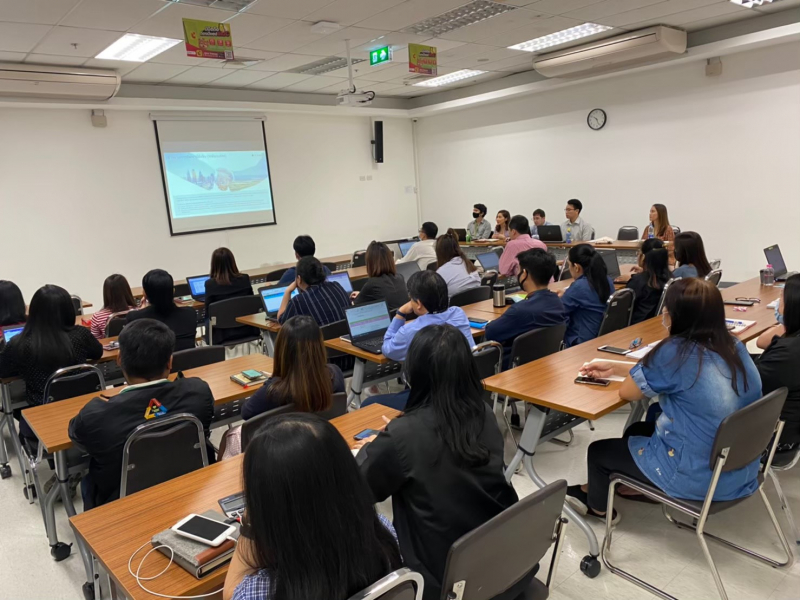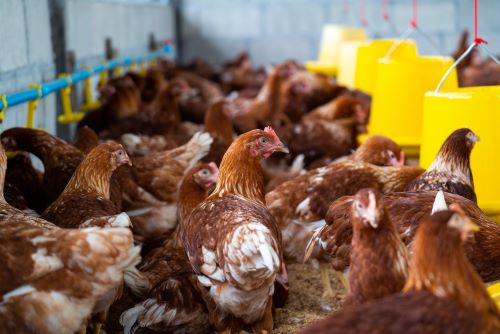
test

2 End hunger, achieve food security and improved nutrition and promote sustainable agriculture

goal 3

goal 4

goal 5

goal 6

goal 7

goal 8

goal 9

goal 10

goal 11

goal 12

goal 13

goal 14

goal 15

Goal 16
16.3: Promote the rules of law and the national and international levels and ensure equal access to justice for all.
16.5: Substantially reduce corruption and bribery in all their forms
16.7 Ensure responsive, inclusive, participatory and representative decision-making at all levels
16.b: Promote and enforce non-discriminatory laws and policies for sustainable development

Goal 17

RESPONSIBLE RAW MATERIAL SOURCING
Influenced by the volatile market environment and continuously changing customer demands, companies must actively adapt their respective business operations, manufacturing practices and distributions strategy to efficiently replace and/or replenish inventories, to meet the current market products and service’s needs, enabling consumers to meet their respective daily needs. This is achieved through raw material sourcing, conducted in a responsible manner, which determines a company’s ability to control the quantity, quality and origin of raw materials, ensuring that raw materials sourced are grown, processed and transported with Environmental, Social and Environmental (ESG) considerations, minimizing negative environmental and social impacts throughout the value chain. This consideration extends to all raw materials sourced, including animal products, fruits and vegetables and raw materials. Furthermore, the need for responsible raw material sourcing is expected to intensify, as global biodiversity continues to be affected from climate change, as reported by the World Economic Forum, resulting in ecosystem degradation, effecting the quantity, quality, and availability of raw materials, driving up operational expenses and product and service prices.
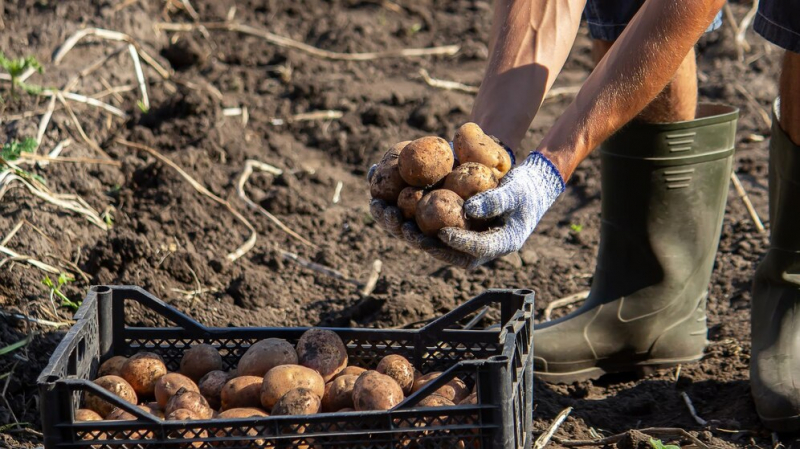
To integrate responsible raw material sourcing throughout the operations, BJC applies responsible raw material sourcing practice through emphasizing sustainable natural resource management. This is guided by the established corporate wide Sustainable Sourcing of Agricultural Raw Materials Policy, Animal Welfare Policy and GMO Policy, which clearly outline BJC’s approach and expectations to raw material sourcing. The policy states that BJC and its subsidiaries will reduce water consumption, reduce environmental pollutions, protect soil health, prevent the destruction of ecosystems and reduce GHG emissions, contributing to a sustainable operation. BJC also expects and encourages suppliers to act in line with this commitment.
Sustainable Agricultural Programs
| Programs to reduce water consumption | |||||||||
|
|
Farming Water Control by BJF BJC sincerely acknowledge the severity and urgency to effective water management, since water is a fundamental resource to sustain life, and essential to business operations. More information available in BJC Sustainability Report 2022 |
|
|||||||
| Program to reduce environmental pollution | |||||||||
|
|
Assist farmers with hazardous waste management Berli Jucker Food (BJF) is collaborating with the Tab Tao Subdistrict Administrative Organization (SAO) in Chiang Rai to help collect, disinfect, and properly dispose of agricultural chemical containers from farmers. This is done in order to avoid chemicals from leaking into water sources and land. |
 |
|||||||
|
Cooperative Farming System at BJF In 2022, BJF continued to support and elevate farmers through various initiatives and knowledge sharing, such as supporting farmers to elevate farming practices beyond industrial expectations through compliance with Good Agricultural Practices (GAP) system of the Department of Agriculture for the fifth consecutive years. This resulted in 12,177 tons of all organic raw materials produced in 2022, to be registered with GAP. More information available in BJC Sustainability Report 2022 |
|||||||||
| Programs to protect soil health | |||||||||
|
|
Organic fertilizers |
|
|||||||
|
Crop rotation in a potato farm
More information available in BJC Sustainability Report 2022 |
|||||||||
| Programs to prevent the destruction of ecosystems | |||||||||
|
|
Biodiversity Procedure Biodiversity assessment BJC evaluates the biodiversity effect of all BJC factories in Thailand. In addition, BJC intends to examine biodiversity effect with essential suppliers, particularly agricultural suppliers, in order to develop an action plan for managing biodiversity impact from the business operation. |
 |
|
||||||
|
Construction of Check Dam by BJF Together with the Fai Kwang Subdistrict Municipality Office of Phayao Province, Berli Jucker Food Co., Ltd. initiated the construction of irrigation dams for agricultural purposes. This was done to ensure the availability of water resources for potato farmers within the Fai Kwang subdistrict, which is an important growing region for contracted potato farmers working with the company. The construction of the dams will be beneficial to the communities of Fai Kwang, which cover an area of 500 hectares. This will also benefit the development of the community's irrigation systems, which will provide a reliable water source during the drought. In addition, the dams will serve as a spawning pool for aquaculture, which will diversify the food sources available to the community. Eventually, the dams will prevent soil erosion. |
|
||||||||
|
Sustainable Sourcing at CPC Berli Jucker Cellox Ltd. (CPC) is a leading manufacturer of paper-oriented products, including various types of toilet paper, facial tissue, napkins, and multi-purpose paper to meet customer needs, Paper pulp is a critical raw material for CPC. As such, CPC has longed been devoted to protect the well-being of its paper source including minimize negative impacts from operations to surrounding society and environment. This is achieved through CPC’s utilization and sourcing of paper pulps, sourced from suppliers with certifications from accredited body, such as the Forest Stewardship Council TM (FSC TM) Chain of Custody certification (CoC). In 2022, CPC uphold its performance to sourced 100% of all paper pulps from certified suppliers.
More information available in BJC Sustainability Report 2022 |
|
||||||||
| Programs to reduce GHG emissions | |||||||||
|
|
The Big Tree Planting Project of Berli Jucker Cellox Berli Jucker Cellox plants trees in partnership with suppliers and surrounding communities to create green space for communities and to reduce GHG Emission. This is an ongoing project that began since year 2020. BJC Cellox planted 1,777 and 1,640 trees in 2021 and 2022 respectively, absorbing carbon dioxide more than 600 tons per year. |
|
|||||||
|
Support local suppliers and increase transportation efficiency |
|
||||||||
| Other | |||||||||
|
SME Big C Big Smart Local project. In 2022, Big C collaborated with the Suphanburi Agricultural product Center to initiated the “Big C Big Smart Local”, a campaign which aims to promote and support the local product and farmers in Suphan Buri province from production to distribution of products to consumers. This offers local product and farmers with a channel to enhance the quality of their Thai products, enabling the penetration into modern trade and the global market, in addition to an additional channel to promote and sell their products and services to more potential customers. |
|
||||||||
Local Spending
Local suppliers refers to a supplier or service provider whose products or service offered are procured and/or sourced from raw materials available from surrounding areas.
Significant Location of Operations refers to suppliers with the majority of their business operations within Thailand.
| Performance | Unit | FY2019 | FY2020 | FY2021 | FY2022 |
|
Total Procurement Spending |
Baht |
134,542,067,780 |
122,085,241,282 |
123,342,954,911 |
126,636,213,370 |
|
Spending on purchasing of products and services from local suppliers and contractors for significant operations (i.e. In Thailand) |
Baht |
129,297875,351 |
118,468,555,667 |
115,543,666,329 |
117,434,274,598 |
|
Percent of spending from local supplier comparing to the total general procurement budget |
Percentage (%) |
96 |
97 |
94 |
93 |
Animal Welfare
|
|
|
 |
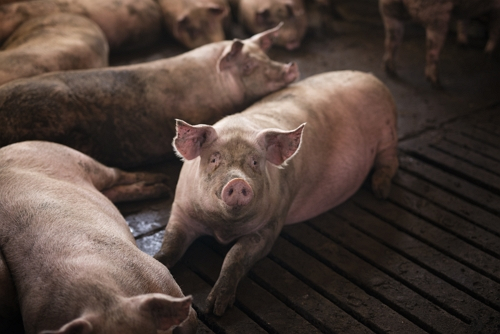 |
BJC has committed to engage in responsible raw material sourcing practices to conserve the well-being and availability of resources for future generations, while minimizing negative impacts on the economy, societal and environmental factors. One of the implemented approaches is the commitment to protect and elevate animal welfare throughout the value chain, paralleled with upholding stakeholder benefits and business competitiveness. Guided by the BJC Animal Welfare Policy, BJC encourages the humane treatment of animals across the supply chain, throughout the animal’s life cycle. The policy covers;
1. Cooperating with business partners, farmers, and livestock producers to ensure that suppliers adopt the practical and commercially viable standards of farm animal welfare, including pets and other live animals which cover breeding, growing, transporting and slaughtering (if relevant). The animal welfare is based on the 5 freedoms as follows;

2. Supporting business partners, farmers, and livestock producers to be responsible for using antibiotics, as well as minimizing the application of antibiotics on animals’ health and welfare.
3. Not using products or raw materials from animals that pose a risk to moral principles, affect animal welfare, or create negative impact to consumers’ health such as genetic modification, animal cloning and the use of chemical substances to accelerate animal growth. This is applied to all Big C brands.
4. Supporting cage-free animal husbandry with enough living space, especially, chicken livestock that produces chicken products and eggs, for all Big C brands.
5. For distributing BJC’s animal food and equipment, the standards and safety must be applied in accordance with relevant laws, rules and regulations.
6. BJC does not distribute any products that contain raw materials from reserved wildlife and does not support activities that affect animal health and welfare.
Animal Welfare Disclose
In 2022 BJC has conducted activities or business operations related to animal welfare as follows:
- BJC does not sell product from illegal antibiotic-treated animal. BJC also expects all suppliers to use antibiotic at minimum or only when needed.
- BJC does not sell product from genetically modified animal or cloned animal. BJC also requests all suppliers not to sell GMOs product to BJC.
- BJC does not sell any product that contains illegal growth-promoting substance.
- BJC does not own animal production or operation. BJC also conducts onsite audit at the operation site of critical suppliers of fresh food products.
- BJC supports and put an effort to increase sales volume of cage-free eggs.
- BJC collaborates with The Department of Livestock Development to obtain the certification of “Pasusut OK” (The Department of Livestock Development certifies the stores that sell hygienic meat as well as products from the farms that have Good Agricultural Practices certification).
BJC has a process for auditing suppliers’ farms. The agreement made with the suppliers clearly specifies that the suppliers must be compliant with related animal welfare law, and they do not use animal products from genetically modified or cloned animal. Therefore, in 2022, BJC’s animal products do not contain illegal antibiotics or growth-promoting substances, and no genetically modified or cloned animal is used in any production process.
GMO
Given the increase awareness and concerns for Genetically Modified Organisms (GMOs) amongst modern customers, BJC has developed a clear policy, committing to deliver high quality and safe products to consumers, achieved through compliance with the corporate-wide Genetically Modified Organism Policy, committing BJC to adhere to all applicable GMOs laws, regulations and standards of any country in which it operates, ensure procurement of raw materials from a reliable source, which are traceable. Should any sourced raw materials contain GMOs, it must be managed and stored according to prevent contamination or leakages. GMOs products must publicly disclose information on products label as required by applicable laws and regulations, to regulate the sourcing of raw materials containing GMOs, and uphold customer trusts.
Organic Products
Recognizing a growing number of health-conscious consumers, expressing an interest in healthy products, such as organic fruits and vegetables, BJC is committed to sourced high quality organic products, which are safe and nutritious in a responsible manner for all customers. This commitment is evident in the Sustainable Sourcing of Agricultural Raw Materials Policy, clause 10, where BJC is committed to support the distribution of organic products to promote the health and safety of customers. To achieve this commitment, organic products are offered through three key channels as follows;
We Are Fresh
Over 2,000 products are sourced directly from local and international farmers grown, using one of the following three key organic approaches, Organic, Hydroponic, and Hygienic. Products offered include, fresh fruits and vegetables, meat products and eggs, sourced from certified farmers, which meets the department of livestock farming standard quality, carefully controlling every step throughout the value chain, free from rd meat accelerators growth hormone and safe from antibiotics, for all fish, pork, chicken, eggs and seafood products (for both freshwater-saltwater) fish, white shrimp and dried seafood products. All products are gauranteed to have cleanliness and safety from toxic chemical residues. In addition, over 200 We are Fresh products are organic.
N&P Organic
Natural and Premium Food Company Limited offers organic products including vegetables, herbs, mushroom, eggs and ready to cook foods, grown in the most optimum climate to ensure the quality. The farming approach also ensure that no harmful chemicals and additive hormones are used, ensuring that products such as eggs are free range, antibiotics free, artificial and other growth Hormone free, chemical free, artificial coloring free and free from the use of bird flu vaccines, resulting in a more natural and healthier, lower in cholesterol and more nutrition, especially vitamin E, Beta carotene and Omega 3.
Royal Project Vegetable
The Royal Project was first implemented by the late his majesty King Bhumibol Adulyadej, the 9th King of Thailand to improve the standard of living of the hill tribes’ communities, to replace opium poppy cultivation with a more sustainable highland agriculture practice. Today, organic vegetable production by the Royal Project is well known throughout Thailand, producing high quality fruits and vegetables products throughout Thailand.
Close Loop Recycling by ThaiBeverage Can Limited (TBC)
Thai Beverage Can Limited (TBC) adopted a 'Close-loop' approach tomanufacturing, where each companies implemented initiatives to increase utilization of recycle raw materials ingredients, instead of unprocessed raw materials.
Close Loop Recycleing by Thai Beverage Can Limited (TBC)
Thai Beverage Can Limited (TBC) initiated the 'Close-loop' Project to raise awareness of sustainable packaging and aluminum. The Pilot model for utilized aluminum from collected recycled cans as raw material to recycle into the production of new aluminum cans. Each recycle aluminum cans are labeled with the 'Aluminum Loop' logo to signifies that the can is made from recycles aluminum materials. Under this approach, TBC's aluminum cans has the highest ratio of recycled materials in its products, accounting for 67.92% of all materials used. In 2021, TBC collected over 22,465 metric tons of aluminum cans.
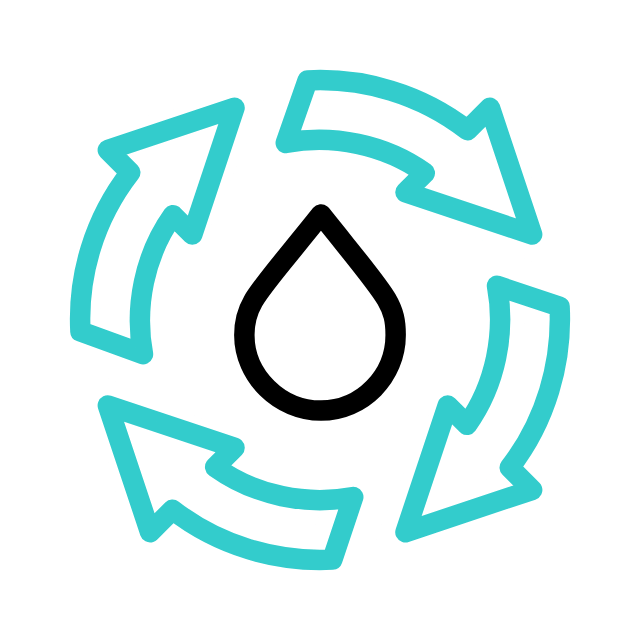

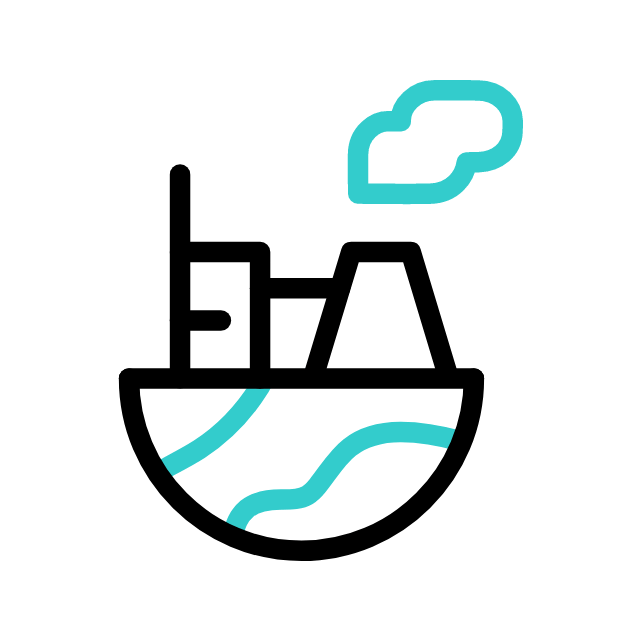


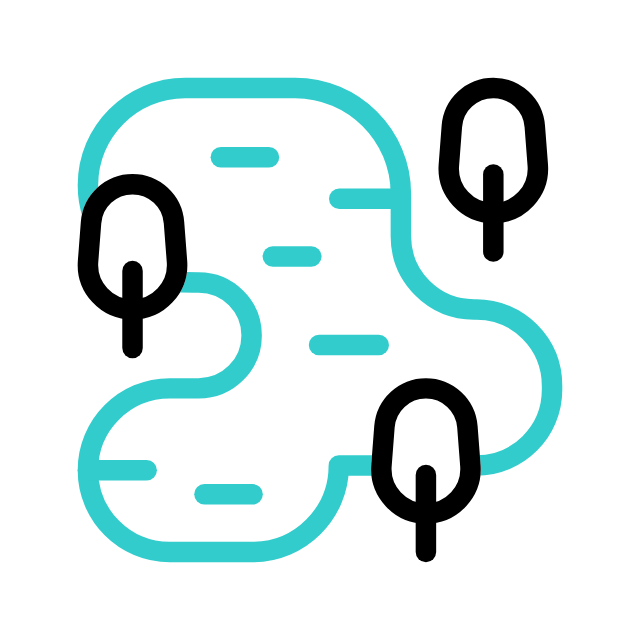




.gif)

